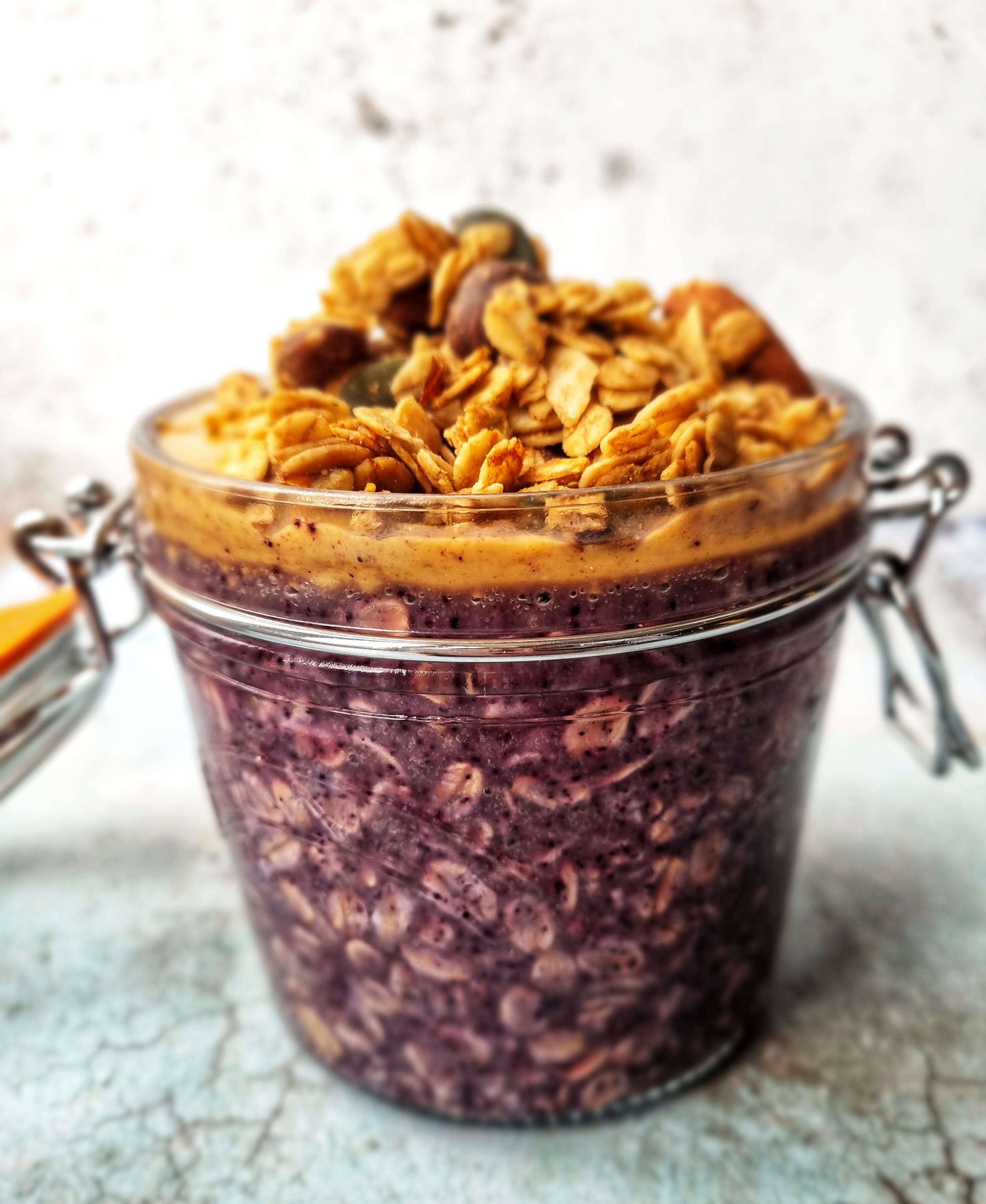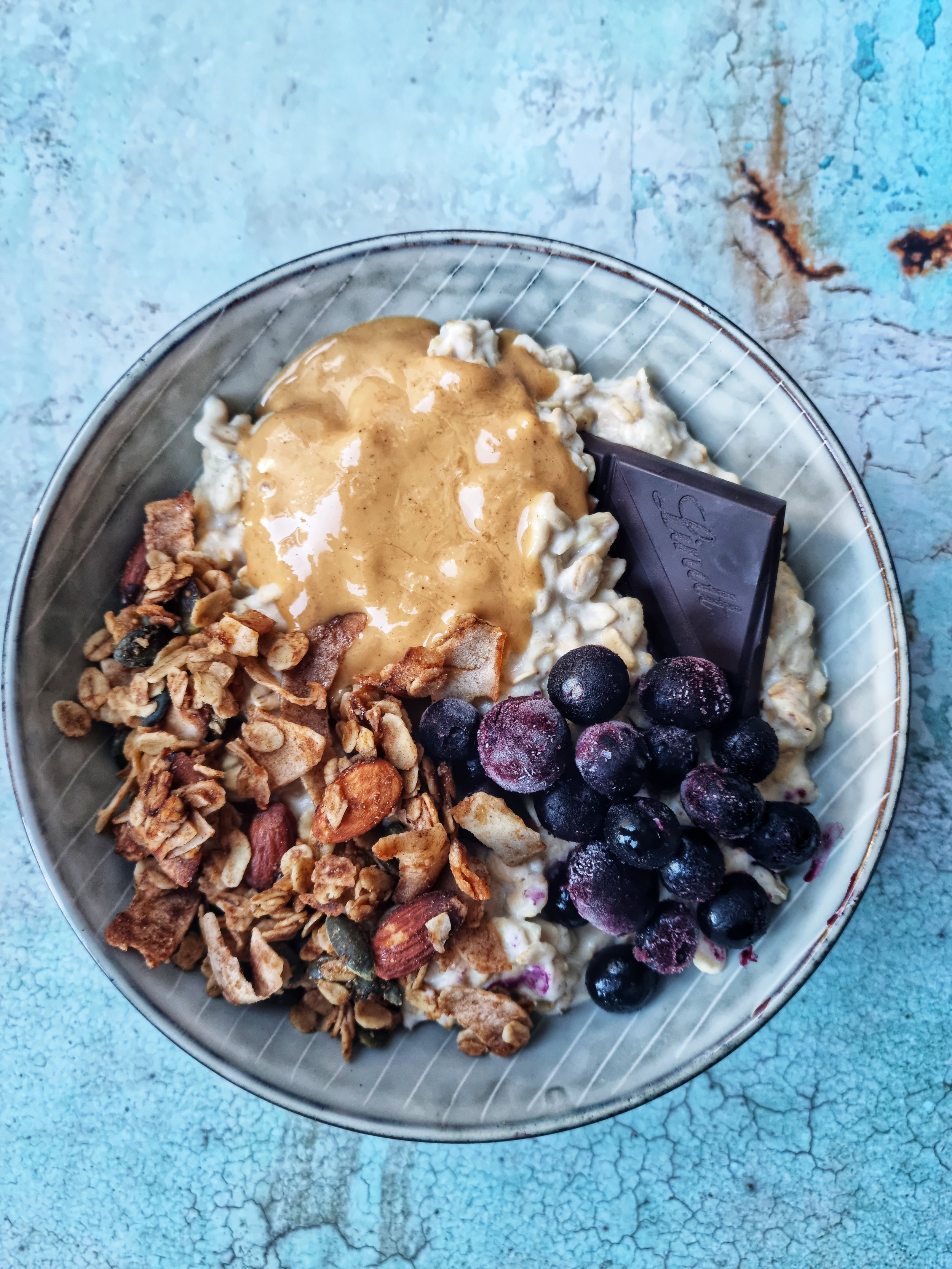How to boost your immune system
I am sure you’ve been hearing about this a lot recently, due to you know what (ahem, coronavirus). But we need to focus on our immune system, not just in crisis but all the time. I am not saying that you can fix your immune system over night but feeding your body with right nutrients is as important as having fun.
Did you know that 70% of our immune system is stored in our gut flora? And that’s why we need to look after it more than ever.
Our gut health is linked to so many things, especially when it comes to our brain, moods, weight management and sleep.
I’m not saying that by boosting your immune system, all of a sudden you won’t catch any colds or viruses, our immune system is far more complex than that, but we can do our best to support it in fending off colds.
Here are my tips on looking after your immune system.
First up; vitamins. Here are my top tips when it comes to Vitamins & Minerals
Vitamin D – is a special nutrient supporting the immune system. Sunlight is our main source, however, as we know, we may not be able to get much sunlight through the winter months (November to the beginning of March – in the northern hemisphere) and therefore, often a Vitamin D supplement is recommended through those months to support our immune system. If you’re not a fan of using supplements, consider eating fortified food (select milks and cereals), oily fish, egg yolks, liver and mushrooms. When it comes to supplements, always check with a registered nutritionist to find out if you need it before spending your pennies.
Vitamin C – is an antioxidant which can help to prevent infections by supporting various cellular functions of both the innate and adaptive immune system. It maintains healthy skin, blood vessels and cartilage and plays a role in the production of collagen, which maintains our skin’s elasticity and strength. You can get vitamin C from citrus fruit (grapefruit, oranges, lemons), peppers (red ones contain 3 times more Vitamin C than oranges), tomatoes, cabbage, broccoli, bananas, kiwi, spinach, kale, cauliflower, watercress and berries. Try to avoid eating supplements and increase your Vitamin C intake instead through a colourful diet.
Vitamin A – is a powerful antioxidant which contributes to cell renewal and repair. It can be helpful in the short-term in supporting the body’s ability to fight infections. If you are pregnant ensure that you reduce the Vitamin A consumption, as in excess it may be harmful to the baby. You can get vitamin A from eggs, liver, oily fish, yellow and orange vegetables, such as carrots or sweet potatoes.
Zinc – this mineral supports our immune system, hormone production and fertility. It also contains benefits for skin as it can reduce inflammation and helps wound healing, and protects us against UV damage from the sun. However, you should work with your doctor or registered nutritionist on your dosage, as too much zinc can impair copper metabolism. And taking zinc on an empty stomach can cause nausea. Remember, everything in moderation. You can get Zinc from red meat, shellfish, eggs, chickpeas, potatoes, mushrooms, leafy green vegetables and some nuts.
Probiotics – these are my favourite, as they play their own role when it comes to supporting our gut health and as we know 70% of our immune system is stored in our gut. Probiotics are live bacteria found in certain foods or supplements and they provide numerous health benefits. Foods that contain probiotics must go through the full fermentation process and you can find a source of Probiotics in kefir, full fat Greek yoghurt, sauerkraut, kimchi, tempeh, quark, sourdough, miso paste, and any other vegetable which goes through the fermentation process.
Prebiotics – you will hear me talking about fibre a lot and when it comes to prebiotics, it’s actually a type of food that humans can’t digest, but prebiotics are instead a source of food for good bacteria in your gut and most likely they are already in your fridge or cupboard. Remember, FIBRE is good for your gut microbes, as the microbes really enjoy it and therefore pay you back by providing you with healthy gut flora. You can find prebiotics in onions, garlic, cold potatoes, oats, slightly green bananas, beans, falx seeds, Jerusalem artichoke, leeks.
And a pointer on sugar: Try to avoid refined sugar where you can, as too much of it can have a negative effect on your gut flora, which may contribute to a weaker immune system. Don’t get me wrong, I’m not saying stop eating it altogether, but have a think about where you may be able to reduce it in your diet.
If you’re after some healthy and easy breakfast ideas, download my FREE recipe eBook ‘Top 5 Healthy Breakfast Recipes In Minutes ‘. The recipes are adaptable and you can use dairy milk, as well, as different type of fruit, create your own cooking storm.
Other areas to Focus on When It comes to looking after your Immune System
Food of course plays a big part when it comes to our immunity, but so does other areas of our lifestyle and habits, so here are my tips on looking after your immune system that covers food and other suggestions.
Exercise – release the endorphins and boost your immune system with some movement through your blood cells.
Eat Well – eat nutrient-rich, colourful food that I mentioned above and it will all play a role in protecting your immune system. Experiment with food and flavours and give some new veggies a try too.
Hydrate your body – up to 60% of our body is water. Water gets rid of toxins and allows your blood to flow through your body, and your digestive system depends on it. Try to drink between 1.5 – 2 litres per day if you can, especially if you’re doing any form of exercise.
Sleep – sleep is so powerful and helps our bodies recover and recharge – that includes our immune system. Try and get between 7-8 hours of sleep each night to recharge your body and give it a rest it deserves.
Source of information & Research: Re-nourish Book by Registered Nutritionist Rhiannon Lambert.
Love & Happiness,
V xx





![[1] How to Build a Business with Mental Health Challenges](https://images.squarespace-cdn.com/content/v1/61a89d03a8803f4321f725e3/1650644421521-27G5AB5BVC4EKO344JK1/Why+Did+I+Start+Practicing+Yoga+%2812%29.png)
![[2] How Sleep Deprivation May Affect Our Wellbeing with Dr. Christie Lewis](https://images.squarespace-cdn.com/content/v1/61a89d03a8803f4321f725e3/1650644119230-ICUAP3H43N8LB5ZV6KDB/Why+Did+I+Start+Practicing+Yoga+%2811%29.png)
![[3] Menstrual Health and How It Impacts Women’s Health](https://images.squarespace-cdn.com/content/v1/61a89d03a8803f4321f725e3/1650641943019-OG9ZOEK1USEJA5FADS06/Why+Did+I+Start+Practicing+Yoga+%289%29.png)
![[5] How Fitness Impacts Our Wellbeing](https://images.squarespace-cdn.com/content/v1/61a89d03a8803f4321f725e3/1650636914835-KUG08TTP5YZEN8DKE8N0/Why+Did+I+Start+Practicing+Yoga+%288%29.png)
![[7] Endometriosis and How It Can Impact Our Lives](https://images.squarespace-cdn.com/content/v1/61a89d03a8803f4321f725e3/1650628741687-4BV6J49W8I4J1AIHJYZX/Why+Did+I+Start+Practicing+Yoga+%286%29.png)
![[6] How to Balance All of Our Different Hats In Our Business & How to Look After Ourselves Through the Process](https://images.squarespace-cdn.com/content/v1/61a89d03a8803f4321f725e3/1650629696346-SHOGZK3R2QI0EIHJHM7P/Why+Did+I+Start+Practicing+Yoga+%287%29.png)
![[8] doTERRA Essential Oils and How They Can Support Our Wellbeing](https://images.squarespace-cdn.com/content/v1/61a89d03a8803f4321f725e3/1650302733464-LMZAIY1SSO7S49HDICV2/Why+Did+I+Start+Practicing+Yoga+%285%29.png)












